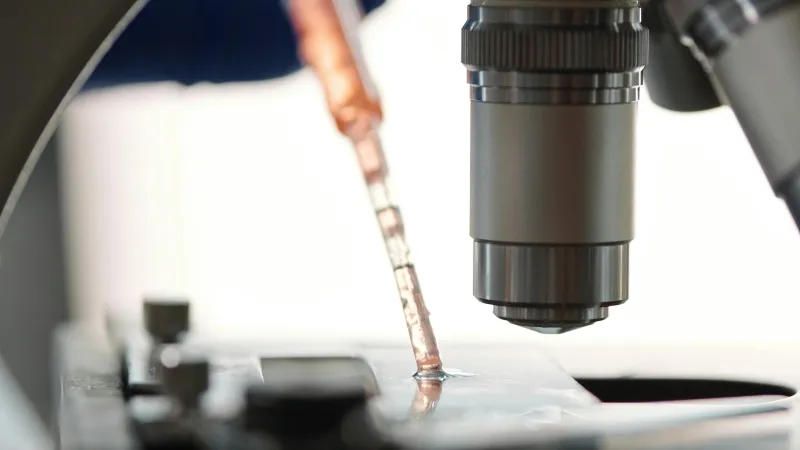
Singapore funds new projects in advancing medical research
About $70.3m (SG$95m) was awarded to five projects under the open fund-large collaborative grant (LCG).
Singapore has awarded a grant of around $70.3m (SG$95m) to five projects under the open fund-large collaborative grant (LCG) to advance healthcare and medical research.
Three of these projects will receive the award for the first time, including the “Colo-SCRIPT: Colorectal cancer subtype-specific research informs phenotypes, diagnostics & treatments” project, which has received $18.5m (SG$25m).
The project will focus on developing tailored strategies emphasising early detection and preventive intervention for colon cancer.
In addition, the “The Academic Respiratory Initiative for Pulmonary Health” (TARIPH) and “Atopic Dermatitis research Programme for patienTs” (ADEPT) have each received a grant of approximately $7.4m (SG$10m).
ALSO READ: IHH Healthcare unveils proton therapy centre for cancer treatment
The TARIPH project will focus on pulmonary conditions, including asthma and chronic obstructive pulmonary disease, whilst ADEPT is set to further understand Atopic Dermatitis (AD), the country’s most common skin disorder.
Furthermore, two projects are set to receive renewal funding at $18.5m (SG$25m) each, namely the “Translational Asian Age-related Macular Degeneration Programme” (TAAP) and the “Singapore lYMPHoma translatiONal studY – SYMPHONY 2.0”.
“The LCG aims to support the best teams of researchers from public institutions to advance human health and wellness and create economic value for Singapore, through the pursuit of excellence in health and biomedical research and its applications,” Permanent Secretary for Health Development, Ng How Yue, said.
Over the years, the LCG has done well in contributing to scientific excellence, building research collaborations, attracting industry partnerships, as well as translating research results into health and economic outcomes,” Ng added.
SG$1 = $0.74


















 Advertise
Advertise


